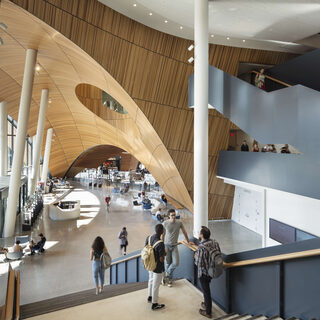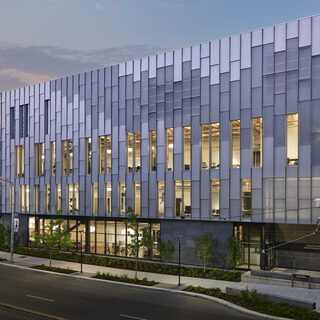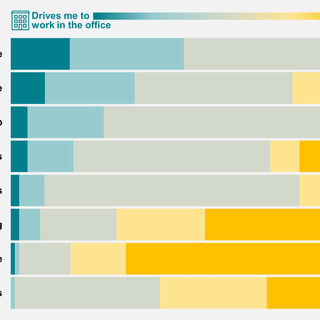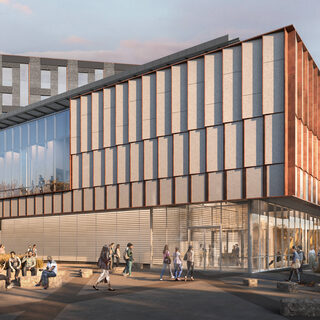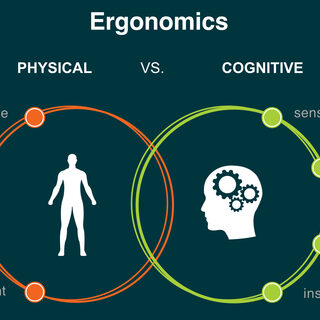Tradeline's industry reports are a must-read resource for those involved in facilities planning and management. Reports include management case studies, current and in-depth project profiles, and editorials on the latest facilities management issues.
Latest Reports
Seven Surprising Space Usage Trends for Colleges and Universities
In this white paper, researchers from brightspot, Buro Happold, and Occuspace used anonymized data from 38 universities to help answer questions about how library, fitness, dining, and office spaces are used, and how usage patterns vary. Together, these insights can help leaders in higher education make decisions about consolidating locations, shifting stacks to study space, optimizing adjacencies among different functions on a campus, incorporating student success functions within libraries, aligning fitness and dining operations with demands, and right-sizing the workplace to align with hybrid and remote work patterns.
Project Profile: Health Sciences Education Building
The Health Sciences Education Building at the University of Washington collocates dentistry, medicine, nursing, pharmacy, public health, and social work to create a collaborative environment and an entrance to the university’s South Campus, the heart of the health sciences research, academic, and clinical programs at the university.
People Are the New Amenity in Corporate Workspaces
Now that we know working from home works, how can employers entice workers back into the office? The answer lies in pilot studies and data analysis that focus on the collaborative, activity-based work spaces that make the commute worth their while.
Carnegie Mellon University’s New Science Building is Designed to Support Evolving Paradigms of Interdisciplinary Education and Discovery
The Richard King Mellon Hall of Sciences (RKM HoS), designed as a flexible, next-generation home for the future of science at Carnegie Mellon University (CMU), will enable researchers and students from across the university to interact on projects in the foundational sciences, computer sciences, machine learning, data analytics, and contemporary art.
Cognitive Ergonomics: Healthy Buildings Foster Healthy Minds
A healthy work environment—with good air, good water, the right kind of light, and a comfortable temperature—is not just a nice-to-have perk. Studies show that attending to "cognitive ergonomics"—how a workspace impacts the occupants’ ability to think—can improve cognitive performance by as much as 50 percent.

